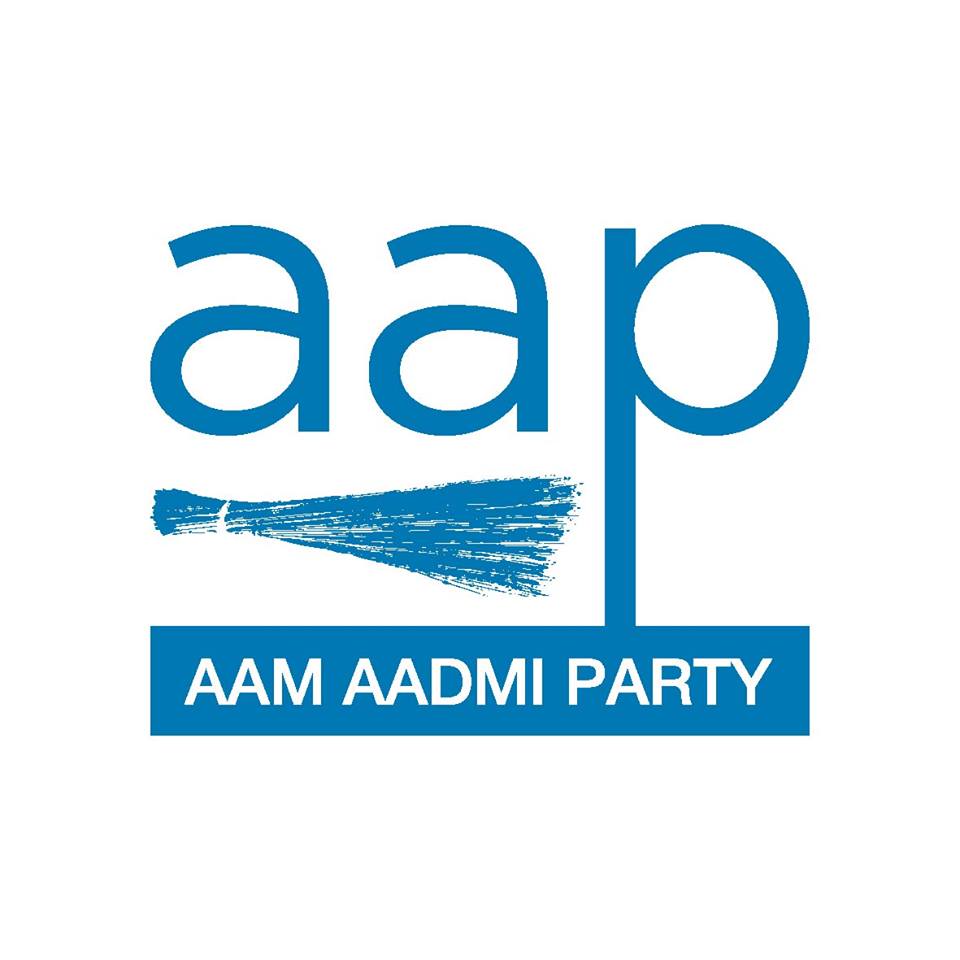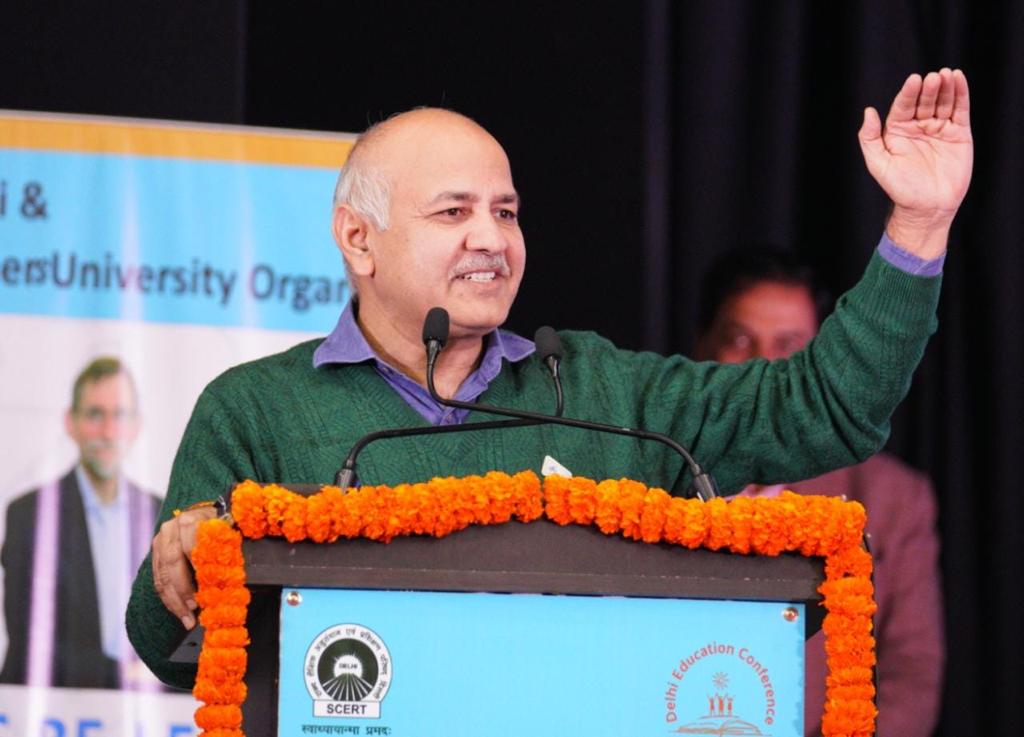
PRESS RELEASE
OFFICE OF THE DEPUTY CHIEF MINISTER
GOVERNMENT OF NCT OF DELHI
19TH JANUARY, 2023
It is only through assessment and assessment reform that we can help our education system realise its greatest potential- Dy CM Manish Sisodia
Assessment and assessment reform is the pillar on which the future of quality education stands; extremely proud to see Delhi leading such discussions- Dy CM Manish Sisodia
Together with the support of Cambridge University Press and Assessments, DBSE which is working on new assessment reforms in Delhi schools will set new milestones- Dy CM Manish Sisodia
When we are trying to make changes in the conventional assessment system, then we must ensure that we work on assessment models which are manageable and do not pressurise the system- Tim Oates
In a country like India, we should aim for both achievements and equity in the assessment system rather than focusing on one- Tim Oates
Dy CM Manish Sisodia attends “Let’s Re-Learn to Assess” conference organised by SCERT and Delhi Teachers University
Tim Oates, Group Director, Assessment, Research and Development, Cambridge University Press and Assessment shared his insights on global best practices in assessment at the conference
NEW DELHI:
The State Council of Educational Research and Training (SCERT) and Delhi Teachers University organised a conference titled “Let’s Re-Learn to Assess”. Deputy Chief Minister Shri Manish Sisodia attended the session and shared his views on why it is important to relearn assessment. The conference held a special session with Shri Tim Oates, Group Director, Assessment, Research and Development, Cambridge University Press and Assessment on Thursday. The session with Shri Oates attempted to gain an in-depth understanding of the evolution of assessment strategies closely linked with successful assessment models worldwide. The assessment trends traversing around central and state boards in India in relation to policy design and strategic implementation were also discussed during the session.
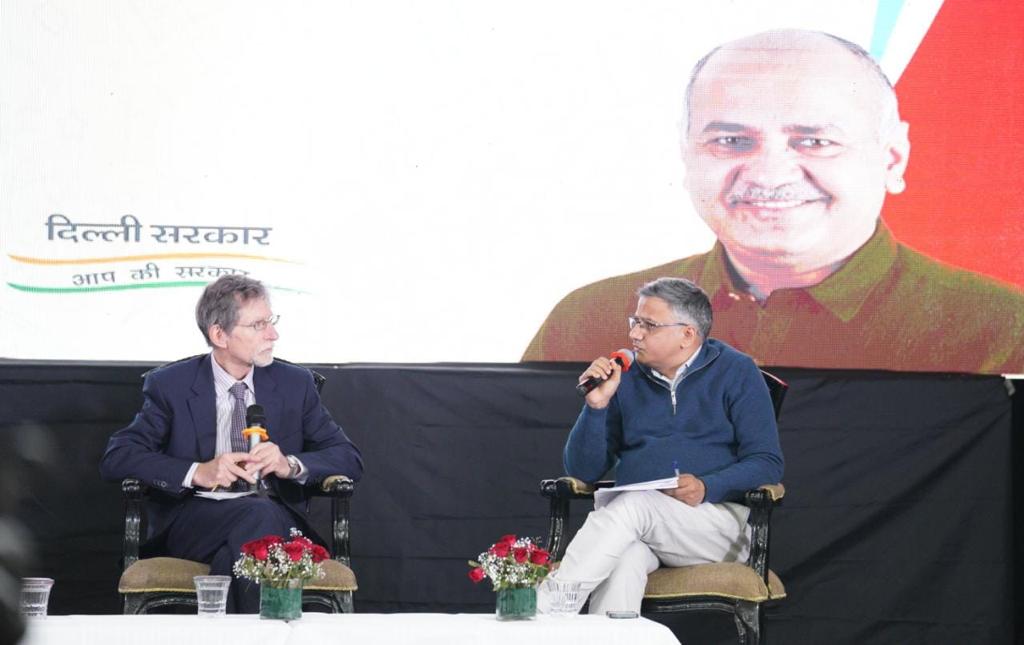
Shri Manish Sisodia said, “I am thankful to Shri Tim Oates for taking this session with Delhi’s team Education. His insights will go a long way in helping us make testing more student-centric and accountable for the future. Assessment and assessment reform are the pillar on which the future of quality education stands. I am extremely proud to see that Delhi is leading these discussions on the future of education reforms for our children.”
He added that the first and foremost objective of the education revolution by the Delhi Government was to make Delhi government school buildings world-class. This was followed by quality teacher training to improve the classroom experience in our schools. However, changes like these have constraints in terms of taking the quality of education to the greatest heights possible. Ultimately, it is only through assessment and assessment reform that we can help our education system realise its greatest potential. “I am sure that together with the support of Cambridge University Press and Assessments, DBSE which is working on new assessment reforms in Delhi schools will set new milestones,” said Shri Sisodia later.
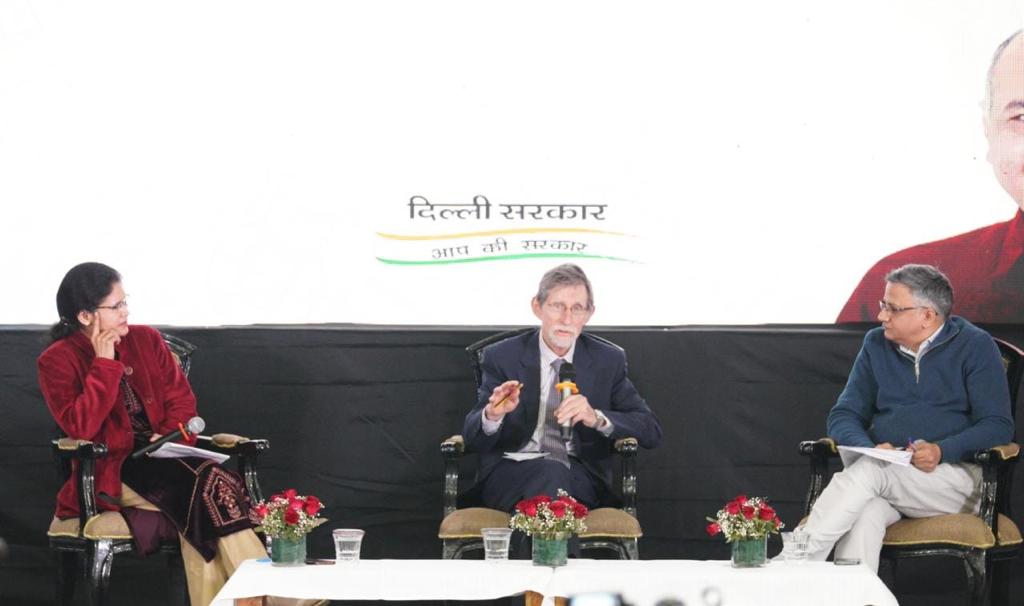
While addressing the people from the education fraternity from all across Delhi, Shri Tim Oates said, “When we are trying to make the changes in the conventional assessment system, then we must ensure that we work on assessment models which are manageable. If they are impractical and put a lot of pressure on the system then they begin to become debased and run out of control. We need to be very careful when we are modifying our assessment system. In a country like India, we should aim for both achievements and equity in the assessment system rather than focusing on one.”
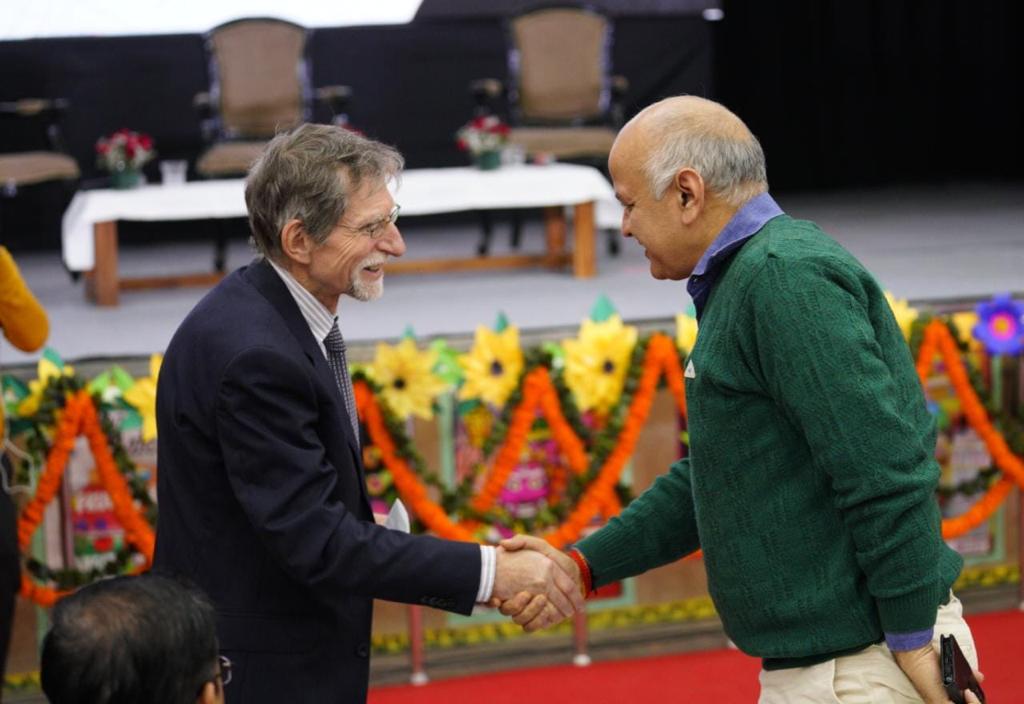
He added that assessment is a process of getting inside the young person’s mind and knowing what they know and understanding what they can do and why they do it. It’s really high-quality questions which reveal how somebody is thinking. So if we think deeply about what we want a child to answer, then we can curate the questions at each stage of education and then ideate what is the best way of putting those questions and gathering the responses. The moment we think like that we can make very informed decisions as to whether it will be a test or set of questions put to the child by the teacher or a project. We can then make a good decision about the mode of assessment then.
Shri Oates said, “I would encourage the Delhi government to think in that broader sense to assess its students. This will make them devise a system that is dependable, really assess what is important, manageable, and economic and will provide them with dependable evidence.”
Sharing his experiences of visit to Delhi government school and classes of mindset curriculum Shri Tim Oates said, “It is good to see that Delhi government has picked up the curriculums that focus on building positive mindsets of students and their wellbeing. The curriculums are being implemented successfully because their aims are clear and there is high fidelity in the implementation. We are, for the first time, focusing on the well-being of students which shows that we are committed to equity and attainment.”
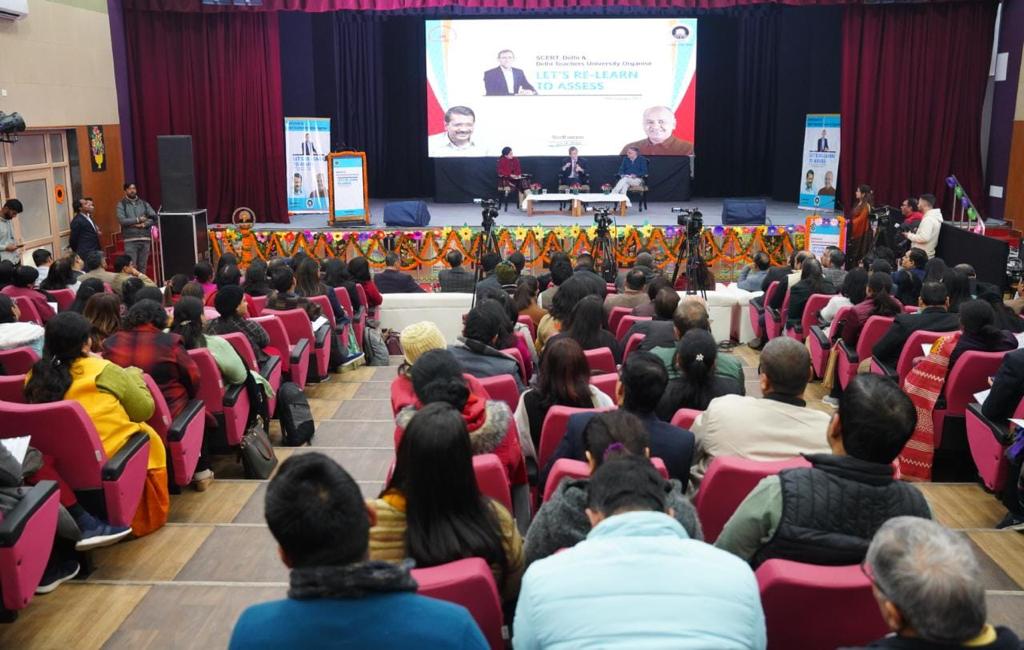
The session with Shri Tim Oates was moderated by Principal Advisor to Education Director Shri Shailendra Sharma and Additional Director of Education Dr. Rita Sharma.
It is to be noted that recently an MoU has been signed between the Delhi Board of School Education and Cambridge University Press and Assessments (CUPA). CUPA will explore avenues to support the Delhi Board of School Education to design curriculum, assessment and teacher training programs that are aligned with the vision and mission of the DBSE.

